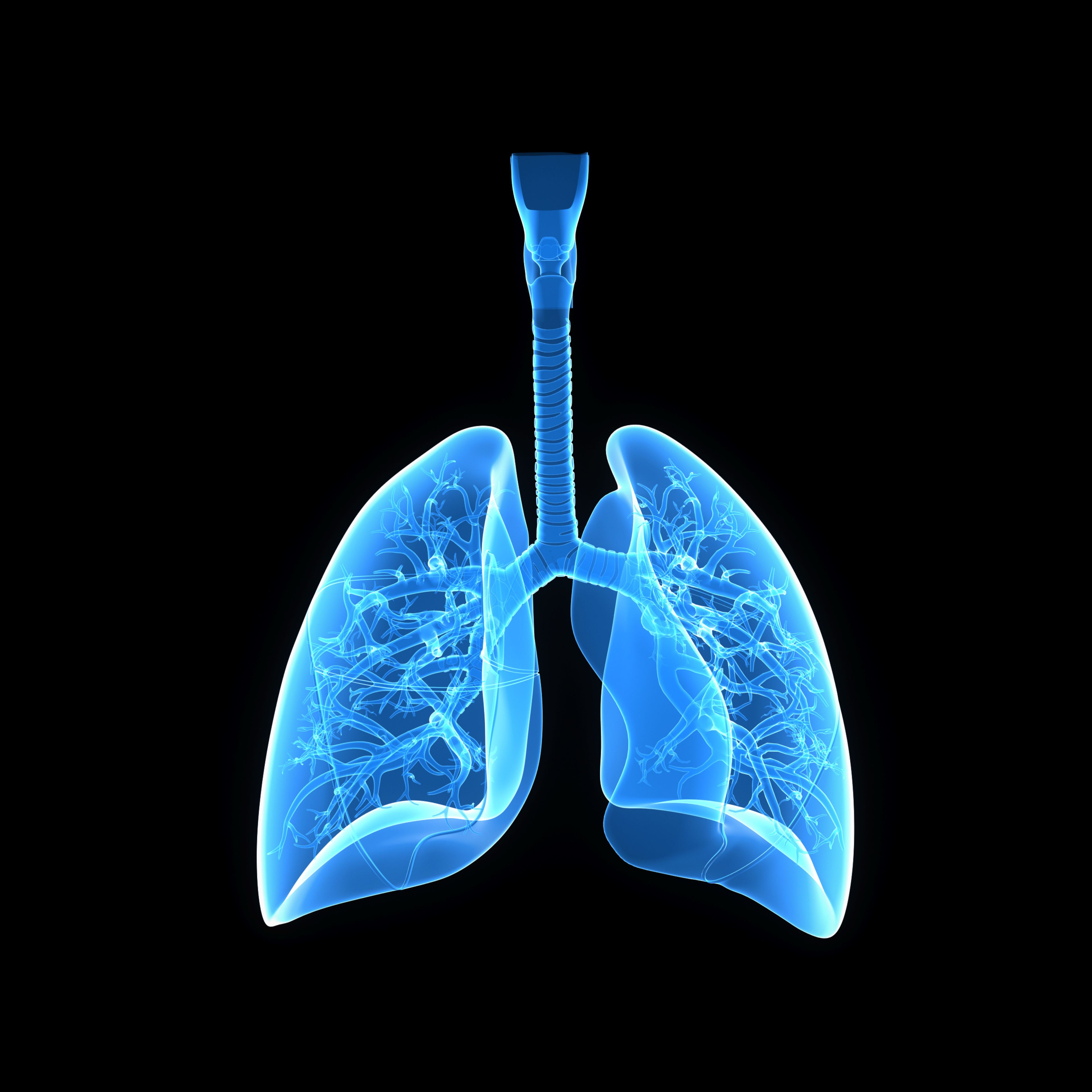About the PUMA-ALI-4201 Trial
Trial Name: A Phase 2 Study of Alisertib in Patients With Extensive Stage Small Cell Lung Cancer
ClinicalTrials.gov Identifier: NCT06095505
Sponsor: Puma Biotechnology, Inc.
Recruitment Contact: Puma Biotechnology, Inc. Clinical Operations Senior Director, (424) 248-6500, ClinicalTrials@pumabiotechnology.com
Completion Date: January 31, 2026
A phase 2 trial called PUMA-ALI-4201 (NCT06095505) evaluating alisertib (MLN8237) as a monotherapy for the treatment of patients with extensive-stage small cell lung cancer (SCLC) has begun.1
Up to 60 patients aged 18 years and older with extensive-stage SCLC whose disease has progressed on or after first-line platinum-based chemotherapy and immunotherapy will be enrolled in the study. Patients are required to provide tissue specimens in order for biomarkers to be analyzed.
This study plans to evaluate the efficacy, safety, and pharmacokinetics of alisertib. Further, investigators aim to identify the biomarker-defined subgroup(s) that may benefit most from alisertib.
“Treatment options for patients with small cell lung cancer that has progressed on or after platinum-based chemotherapy are limited, and there is an urgent need for new drugs to treat this patient population,” said Taofeek K. Owonikoko, MD, PhD, Marlene and Stewart Greenbaum professor of oncology in the Department of Medicine at the University of Maryland, Baltimore, in a press release. “The results from the previous clinical trials of alisertib in small cell lung cancer suggest that the drug may represent a potentially promising treatment option for these patients and, more specifically, for patient subsets whose tumors harbor potential molecular markers that are likely associated with the clinical activity of an Aurora kinase A [AURKA] inhibitor such as alisertib.”
In the interventional, single-group assessment, phase 2 trial, patients will be given alisertib at a dose of 50 mg twice a day on days 1 through 7 of every 21-day cycle. Those who have been previously treated with an AURKA specific-targeted or pan-Aurora targeted agent, including alisertib in any setting, will be excluded from the study.2
Investigators are evaluating the primary end point of objective response rate and secondary end points of duration of response, disease control rate, progression-free survival, and overall survival. Each of these end points will be assessed in selected prespecified biomarker subgroups. Experts will also evaluate whether or not there is enhanced efficacy in any biomarker subgroup.
A biomarker analysis will be performed at the same time as the trial, and the company plans to also evaluate the biomarkers and the efficacy of the agent in an initial interim analysis.
Patients are currently being recruited in the District of Columbia, Ohio, and Virginia.
If results from the study are positive, the company will meet with the FDA to explore the potential for an accelerated approval pathway for alisertib in SCLC.
“We are pleased to initiate this phase 2 trial, and we hope that the study will provide much needed insight into the clinical activity of alisertib in small cell lung cancer and, more specifically, in patients with molecularly defined tumors that may be targetable with an aurora kinase A inhibitor like alisertib,” added Alan H. Auerbach, chief executive officer, president and founder of Puma Biotechnology, in a press release.
REFERENCE
Puma Biotechnology announces initiation of ALISCA-Lung1 phase II trial of alisertib in small cell lung cancer. News release. Puma Biotechnology, Inc. February 13, 2024. Accessed February 14, 2024. http://tinyurl.com/a65efhdc
A study of alisertib in patients with extensive stage small cell lung cancer (ALISCA-Lung1). ClinicalTrials.gov. February 14, 2024. Accessed February 14, 2024. https://www.clinicaltrials.gov/show/NCT06095505
